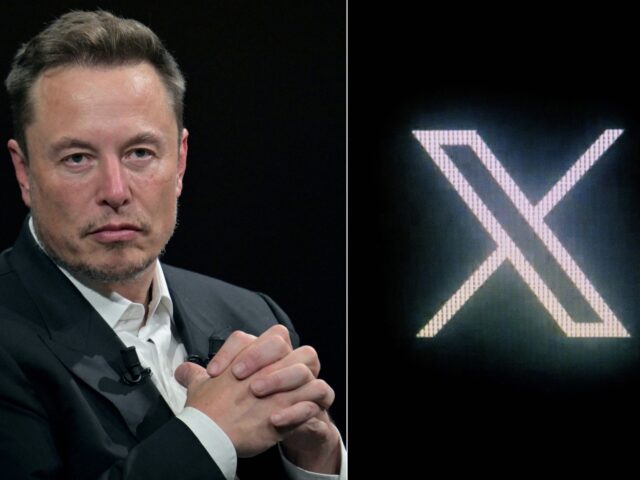UK lawmakers were lobbied by Tesla to strengthen rules on carbon emissions from cars and heavy vehicles, according to documents revealing the electric carmaker continued to push for increased taxes on fossil fuel cars.
The Guardian reports Elon Musk’s carmaker pushed for the British government to strengthen its zero-emission vehicle (ZEV) mandate for cars and introduce equivalent rules for heavy goods vehicles (HGVs), in a letter to Lilian Greenwood, the Labour roads minister.
This came as the domestic market continues to reject EVs in favour of traditionally powered alternatives.
The outlet details a Tesla vice-president wrote in July, “we applaud the Labour party’s strong position to decarbonisation of the energy system by 2030, growth and net zero.”
The letter was obtained under freedom of information laws by the Fast Charge newsletter and shared with the Guardian.
The UK government last month indicated it will loosen regulations for its ZEV mandate on cars, after complaints by manufacturers including Ford, Land Rover owner JLR and Peugeot owner Stellantis it was imperilling their British and wider global businesses, as Breitbart News reported.
In contrast, Tesla argued, “continued progress and further strengthening of the zero-emission vehicle mandate is needed” because quicker sales of new electric cars will mean the used electric car market will develop at a faster pace. The Guardian report stated:
Tesla wrote in the letter that “urgently action is needed” on tackling emissions from trucks. It wrote: “Government should begin consulting on a ZEV mandate for HGVs, as soon as possible.”
It added that “the UK is now falling behind” the EU, which has emissions reduction regulations for lorries. In the EU, manufacturers must reduce average emissions by 45% in 2030 compared with 2019, and 90% by 2040.
A mandate for ZEV lorries would likely benefit Tesla because it could open a lucrative new market for “credits” that could be sold to rival manufacturers.
Tesla has long argued for stricter rules on clean transport, driven by Musk’s belief carbon emissions should be taxed because they represent an “unpriced externality.”
The manufacturer has pushed in previous submissions to government for higher taxes on petrol and diesel cars.

COMMENTS
Please let us know if you're having issues with commenting.